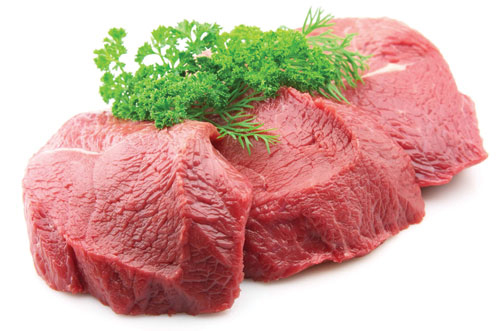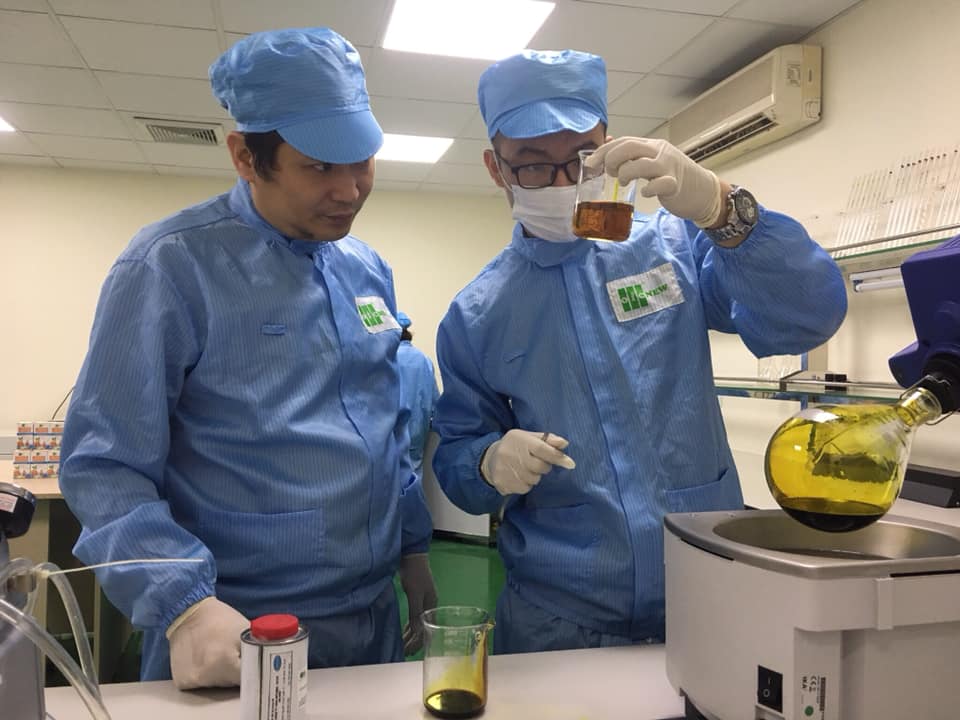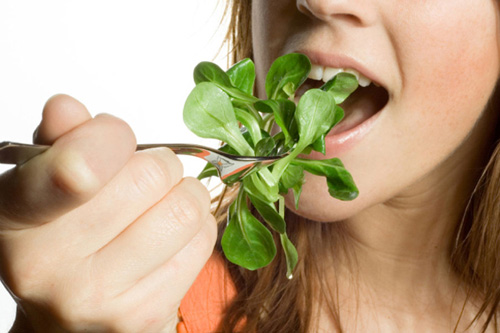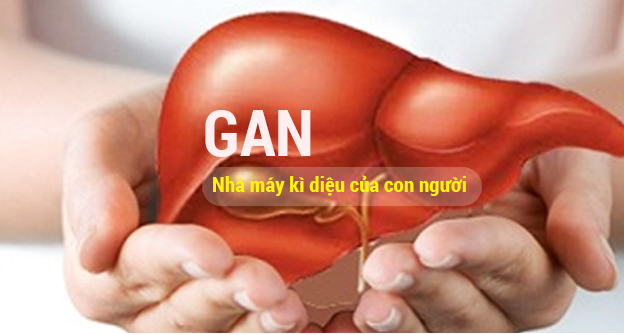What to eat to have the fastest milk to breastfeed without gaining weight after birth is always a common question of many mothers when breastfeeding. Breast milk is the best source of nutrition for babies, so in the first months of life, mothers should breastfeed their babies to help them develop comprehensively. The best way to have adequate nutritious milk for nursing babies is that mothers need to supplement their nutritional sources from outside foods. So what foods will be eaten that will have more milk for the baby but the mother does not gain weight after giving birth? Please refer to the information below to have the best breastfeeding experience.
Tips to help mothers have more milk for their babies
What to eat more milk to breastfeed is always a question that mothers ask after giving birth to a baby. After giving birth, mothers need to add nutrients to the body to have breast milk, but eating too many nutrients will make the mother gain weight quickly. But if you know the foods properly, you will have a rich and abundant milk supply without worrying about gaining weight, here are 13 foods that help mothers produce more milk for their babies without increasing weight gain. Weight after birth to have an abundant milk supply for babies.

To create a large and quality milk flow, mothers need to eat a reasonable and diverse food to provide enough nutrients for the recovery of the mother’s body after birth and the development of the baby.
First: you don’t have to eat a lot of legs to make more milk, but you need to eat lean meat. Eating more meat, fish and less carbohydrates will not cause weight gain and obesity for the mother. In contrast, lean meat contains a lot of protein, which helps the baby to be strong and muscular without being fat and puffy because of eating a lot of fat.
Second: Eat a lot of green vegetables and fruits to provide enough vitamins and avoid constipation – a disease that is very common after birth.
Third: Mothers should pay attention to drink a lot of water, limit sweet foods. Some foods such as black sesame and beans of all kinds also give a lot of milk because these dishes carry a lot of protein similar to meat, fish …
Foods that help mothers have more milk to breastfeed
1. Beef
Most pregnant women lose a lot of blood during the process of “conservation”. That also means that the iron reserves in the body will be depleted, making women often fall into lethargy, fatigue, dizziness and unable to take care of their “little angel”.

Therefore, after giving birth, young mothers need to eat a lot of tofu, beans and especially beef to supplement iron in the body. In particular, beef is also a very rich source of protein and vitamin B12 – 2 nutrients that are extremely good for breastfeeding mothers.
2. Banana flower
Banana flower leaves or Cavendish banana chopped, boiled, eaten or mixed with peanuts, roasted sesame, eating 2-3 meals in a row also helps to clear milk very well.

3. Stewed pork leg with young papaya
Papaya contains a lot of protein, fat, vitamins A, B, C, D, E… Cooking porridge with spring rolls and green papaya is one of the effective ways to help mothers who have been breastfed. widely circulated and used. On the other hand, this dish also helps treat low milk or too dilute milk.
If you do not cook papaya with pork leg, you can replace the leg with carp or fish fruit, which also effectively enhances milk.
4. Jute vegetables
In the first week after giving birth, women can eat 150-200g of jute vegetables daily in the main meal, in the following weeks, eat twice a week with from 200-250g, the amount of milk increases, the amount of fat in milk also increases. .
5. Sweet potato vegetables
Boiled or sautéed sweet potato vegetables eaten daily both help laxatives and benefit milk.

6. Pumpkin seeds
Increase milk for postpartum women: each time drink 15-20g of raw pumpkin seeds, drink 2 times a day in the morning and evening. How to do: remove the seed shell and crush the kernel with water to drink when hungry. It takes 3-5 days to be effective.
7. Coriander porridge
12g coriander seeds, 30g glutinous rice, cook porridge, or 6g coriander seeds in a kettle with 100 ml of water, boil for about 15 minutes, divide the medicinal water into 2 parts and drink all of it during the day to benefit milk.
8. Sauropus androgynus and centella asiatica
Sauropus androgynus leaves are the number one choice of many women after giving birth because from a nutritional perspective, the leaves contain a lot of vitamins A, B, C, calcium… Eating sauropus androgynus will help mothers increase milk production and reduce the risk of infection, helps to contract the uterus. You should wash the sauropus androgynus leaves, grind them to get water to drink or eat vegetable soup every day.
In addition to sauropus androgynus, postpartum women can use centella asiatica every day. Centella asiatica has a beneficial effect on milk, antibacterial, blood circulation, helping the skin to be rosy and young for a long time. Mothers can brake dried centella asiatica to drink instead of water every day or use fresh centella asiatica to cook soup with beef, chicken, lean loin…
9. Oranges and blueberries
Many recent scientific studies have proven that women after giving birth need to be supplemented with more vitamin C for the body during pregnancy. Therefore, every day do not forget to eat a few more oranges, or drink orange juice to achieve the same effect.
You should also add blueberries to your daily diet. This is a fruit that contains high levels of antioxidants, which are good for health and help mothers eliminate the risk of cancer. Not stopping there, blueberries also contain a large amount of vitamins and minerals that help keep the skin bright and help boost the body’s vitality during maternity leave.
10. Tomato
Tomatoes contain a lot of vitamins C, E, K, B1, B6, B2, B3, iron, manganese, potassium and other substances that are beneficial for health. Therefore, experts recommend that women who are breastfeeding should try to eat more tomatoes.
11. Figs
In 100g figs contain the following substances: protein 1g, fat 0.4g, sugar 12.6g, Ca 49mg, P 23mg, Fe 0.4mg, carotene 0.05mg, non-protein derivatives 12.3g, total minerals 3.1g.
12. Dark Chocolate
Dark chocolate with 70% cocoa powder stimulates the production of serotonin and endorphins in the body. So every time you fall into a state of “tense like a string” or “overburdened” because of taking care of your baby, you can sip a little dark chocolate.
13. Waters
During breastfeeding, to ensure energy in the body and regular milk secretion, women need to drink enough 2 liters of water per day. Pay attention not to wait until your body is dry to start drinking because then you are already dehydrated.
You can check if your body is “full” of water by checking the color of your urine. Urine that is dark yellow means that your body is severely dehydrated.
If you don’t like drinking filtered water, you can use more juice, smoothies… Note to limit the use of caffeine-containing beverages such as coffee or tea (should be less than 300 mg/day). Caffeine mixed in breast milk can make your baby irritable, agitated and have trouble sleeping.
















